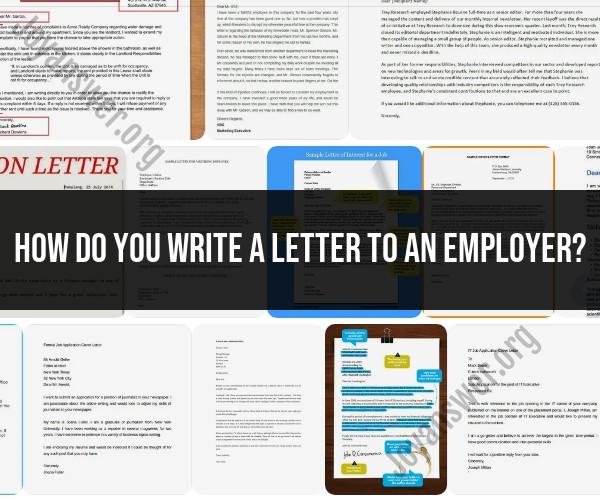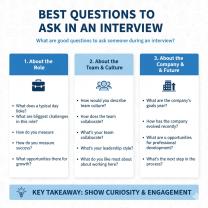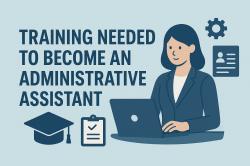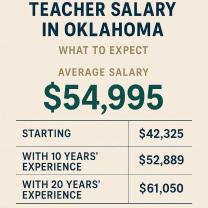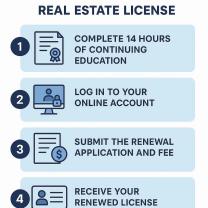How do you write a letter to an employer?
Writing a letter to a potential employer is an essential part of the job application process. Whether you're sending a cover letter with your resume or crafting a letter of inquiry, it's important to follow best practices to make a strong impression. Here's a step-by-step guide on how to write a letter to an employer:
1. Format Your Letter:
- Use a professional format for your letter. Include your contact information at the top, followed by the date, the employer's name and contact information, and a formal salutation.
2. Choose the Right Salutation:
- Address the employer with a formal salutation. If you know the person's name, use "Dear [Mr./Ms. Last Name]." If you don't have a name, use "Dear Hiring Manager" or "To Whom It May Concern."
3. Write a Strong Opening Paragraph:
- Begin with a compelling opening that states the purpose of your letter. Be concise and get to the point. If you're applying for a job, mention the position you're interested in and how you learned about it.
4. Customize Your Content:
- Tailor the letter to the specific employer and position. Show that you've done your research and are genuinely interested in the company or opportunity.
5. Highlight Your Qualifications (Cover Letter):
- If you're writing a cover letter for a job application, focus on your qualifications. Explain how your skills and experience align with the job requirements. Be specific about how you can contribute to the company's success.
6. Express Enthusiasm:
- Convey your enthusiasm and eagerness to join the organization or explore opportunities with them. Show genuine interest in the company's mission and values.
7. Address Concerns and Questions:
- If you have specific questions or concerns, address them clearly and politely. This demonstrates that you're thoughtful and proactive.
8. Showcase Your Value Proposition:
- Explain what sets you apart from other candidates or why you are uniquely qualified for the position. Highlight your achievements, skills, and relevant experience.
9. Keep It Concise and Organized:
- Use clear and concise language. Organize your content logically, and avoid lengthy paragraphs. Bullet points or short paragraphs can enhance readability.
10. Proofread and Edit:
- Carefully proofread the letter for grammar, spelling, and punctuation errors. Check for clarity and readability. It's often helpful to have someone else review the letter as well.
11. Include Contact Information:
- Make sure your contact information is accurate and up-to-date, so the employer can easily reach you if necessary.
12. Express Gratitude and Close Politely:
- In the closing paragraph, express gratitude for the employer's consideration. Summarize your main points and provide a clear call to action or next steps. Use a formal closing like "Sincerely" or "Yours faithfully," followed by your name.
13. Attach Your Resume (Cover Letter):
- If you're sending a cover letter as part of a job application, include your resume as well. Mention this in the letter.
14. Format for Email:
- If you're sending the letter via email, follow similar formatting rules but include a clear and concise subject line that reflects the purpose of the email.
15. Keep Copies for Your Records:
- Save copies of the letter for your records.
Remember that your letter to an employer is an opportunity to make a positive impression and demonstrate your qualifications and enthusiasm. It should be tailored to the specific context and should complement your resume or job application. Customize each letter for different employers, and be sure to follow up as appropriate to express your continued interest.
